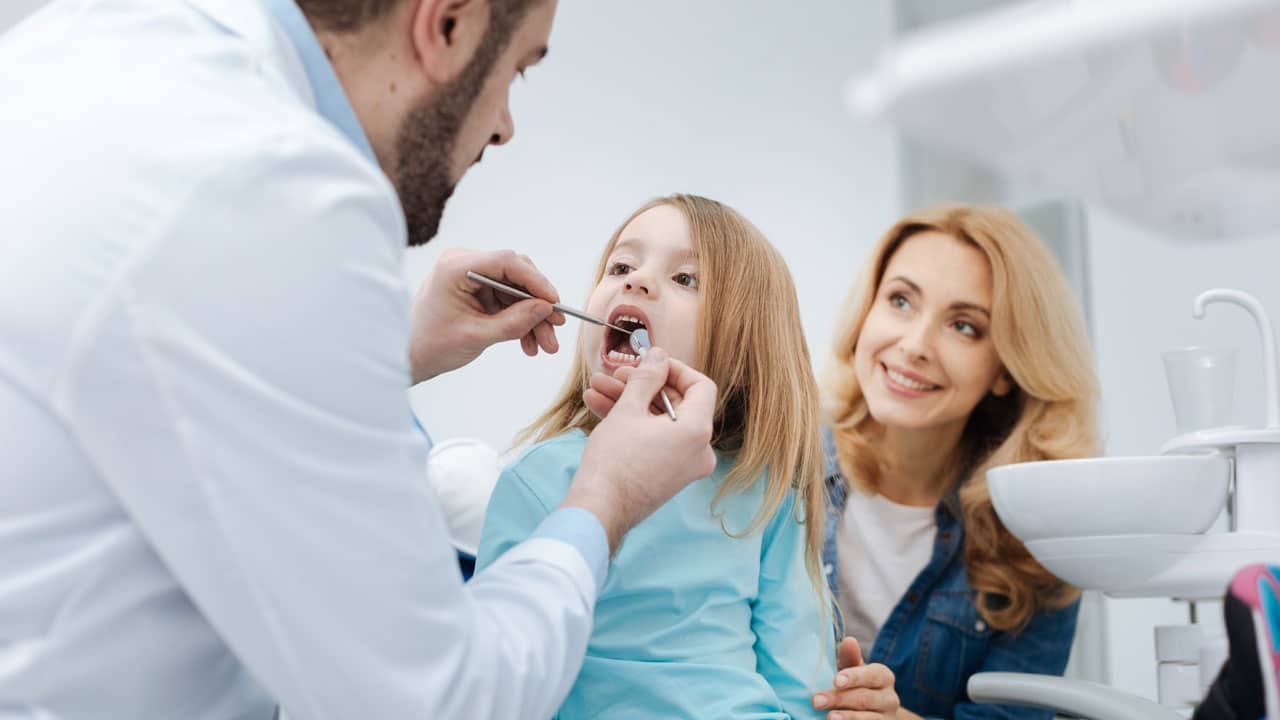
Ideally, children should have their first visit to the dentist within 6 months of growing their first tooth. At any rate, it should be before their first birthday according to the
American Academy of Pediatric Dentistry. A good family dentist will also tell you this. Still, most parents choose not to observe this guideline. They underestimate the importance of baby teeth. They help with proper chewing habits and play a key role in speech development. They also save space for permanent teeth and make children feel more confident.
What Risks do Infants Face?
While all infants have certain risks, premature infants face an increased one of developing dental problems. These include delayed tooth eruption, tooth discoloration, lack of enamel (white coating covering the teeth), and a hard palate. They also have an increased demand for braces.
Children with special needs are at a particularly high risk of issues like oral trauma and oral infections like gingivitis. A common type of oral trauma is bruxism, caused by excessive teeth grinding. Children are prone to this. It results in loss of enamel.
The Importance of a Trustworthy Family Dentist
Children need frequent dental check-ups, particularly if you have a family history of problems like gum disease. Parents and caregivers should ask how oral care experts can assist them. They should visit family dental clinics with relevant training and expertise.
Family dentists can provide cleanings, fillings, small surgical procedures, and fluoride and sealant treatments. Orthodontists help children with dental displacement. Periodontists treat bacterial plaque, gingivitis, and related infections.
Avoid Sweet, Sticky Foods
It’s important for your child to form good dental hygiene habits early on, like brushing their teeth regularly. Kids love sweet, sticky foods, but they are one of the worst for their teeth. Some people opt for dried fruit as a healthy alternative, but it’s sticky too. If your child eats sticky foods, make sure they rinse their mouth with water after. Along the same lines, avoid getting them cough drops that contain sugar, caramel treats, and lollipops.
Family dentists provide a variety of services that are integral to maintaining your child’s oral health. They clean teeth twice a year, carry out preventative treatments, and provide at-home instructions. If your dentist determines you have a problem, they may provide more specialized procedures. These include root canals, composite tooth-colored fillings, and tooth extractions. They may also install braces or dental implants.
Poor Oral Health Can Signal a More Serious Problem
People tend to perceive oral health and overall health as two distinct things. They couldn’t be more wrong because oral health can cause or be a symptom of a serious condition. Your family dentist can help treat or prevent such. This is possible by providing dental solutions that may help solve other issues. Screening you and your child’s mouth for signs of illness is part of the exam. In adults, an oral infection can aggravate a heart condition or diabetes.
Inadequate oral hygiene can cause complications for pregnant women. A stomach problem may be behind your chronically bad breath.
When Should I See My Family Dentist?
Experts recommend going for check-ups twice a year for screenings and cleanings. You should go more often if you have concerns. Normally, these appointments last less than an hour. If you go regularly, you will maintain good oral health at all times. If you or your child experience symptoms such as mouth ulcers, very bad breath, or toothache, your family dentist will want to monitor the issue. Then, you’ll need to go more often.
If the problem becomes urgent, you may also need to see an emergency dentist in Sauganash for immediate care.
To schedule a dentist appointment for a routine teeth cleaning, and check-up, call Associates for Dental Care in Chicago today. If you’re looking for dental implants in Chicago or Invisalign in Chicago, we’re here to assist you as well.
